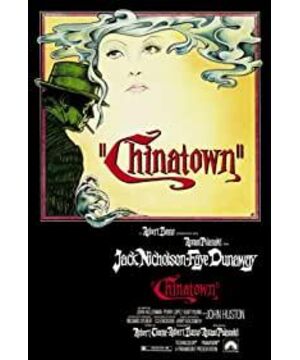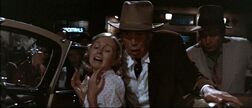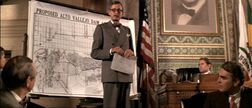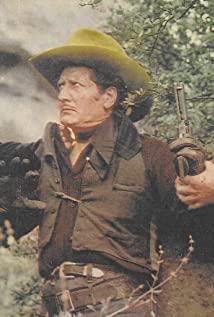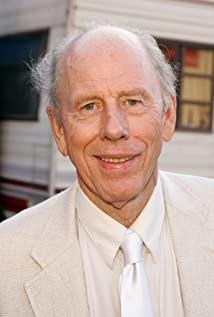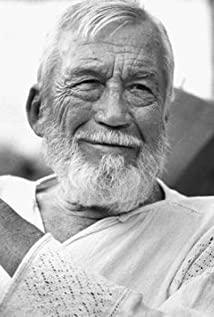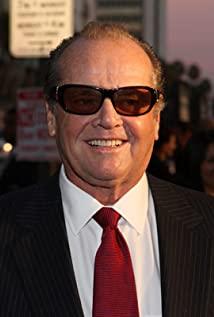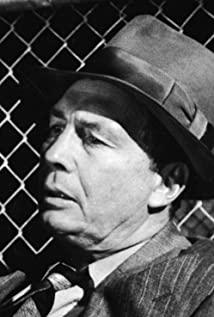View more about Chinatown reviews
The filthy and barbaric behind a city of angels
Mona 2022-03-21 09:01:14
-
Rosario 2021-10-20 19:02:14
A brilliant detective novel. As little as possible, it is better to do more than to do less. The Chinese philosophy of calming things is expressed from a quasi-American detective. It is weird and more helpless. The gloomy Polanski created by the tragic experience, the scene of the threat of cutting his nose in his own body, is really ingenious and shocking. Old Jack, about your eyebrows, will be like a full moon.
-
General 2021-10-20 19:02:13
Polanski playing with a knife
-
Jake Gittes: Let me explain something to you, Walsh. This business requires a certain amount of finesse.
-
Evelyn Mulwray: I see you like publicity, Mr. Gittes. Well, you're going to get it.


